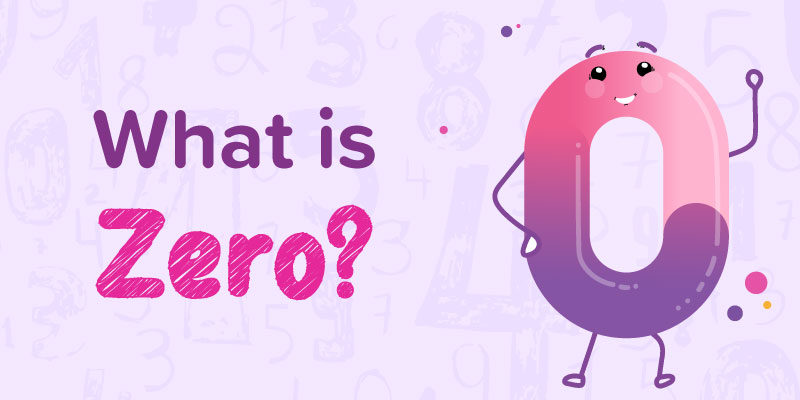
The laptop or phone you’re reading this on now runs on binary code — a string of zeros and ones. Without zero, electronics would not exist. Without zero, there wouldn’t be calculus, which means no modern engineering or automation could happen. Without zero, our modern world literally comes to a standstill.
But for most of history, humans didn’t really understand the number zero. It’s not natural to us. We had to invent it. And we have to keep teaching it to generation after generation.
So let’s not take zero for granted. Nothingness can be pretty fascinating! Here’s why.
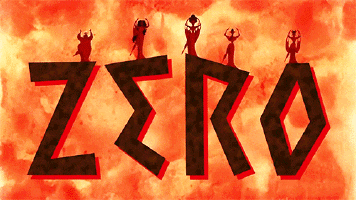
Credit: GIPHY
Our understanding of zero is clever when you consider this fact: We don’t often, or perhaps ever, witness zero in the natural world.
We can see numbers like one, two, and three. We can see one flash of lightning. We can hear two beeps from a horn. But have you ever heard, touched or seen zero?
We had to teach ourselves to perceive that the absence of something is a thing in itself.
“Zero is in the mind, but not in the sensory world,” Robert Kaplan, a Harvard math professor and an author of a book on zero, says.
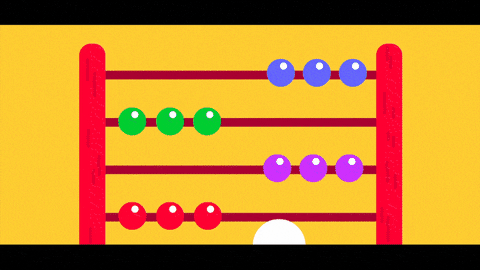
Credit: GIPHY
Zero’s influence on mathematics today is twofold. One: It’s a critical placeholder digit in our number system. Two: It’s a helpful number by itself.
The first use of zero can be traced back around 5,000 years ago, to Mesopotamia. There, it was used to represent the absence of a digit in a string of numbers. For example, we would write 102, the ‘0’ indicating no digit. It’s a placeholder, making us understand that this number is one-hundred and two, not 12.
You might be thinking, “this is easy.” But the ancient Romans had no knowledge of this. Do you remember how we write numbers in Roman? 103 in Roman numerals is CIII. The number 99 is XCIX. You try adding CIII + XCIX. It’s absurd. Placeholder notation allows us to add, subtract, and manipulate numbers easily. Placeholder notation enabled us to work out complicated math problems on paper.
But this is not where the evolution of zero stopped. Around 1,500 years ago (or even earlier), zero became an actual number in India, signifying nothing.
In the 7th century, the Indian mathematician Brahmagupta came up with the modern equivalent of zero. He wrote down the first known description of the arithmetic of zero:
“When zero is added to a number or subtracted from a number, the number remains unchanged, and a number multiplied by zero becomes zero.”
Eventually, Arab merchants brought the zero they found in India to the Middle East and the West. After many years and much opposition, the symbol we use today was accepted, and zero took a more significant meaning than just a positional indicator. Since then, it has played a vital role in mathematics.
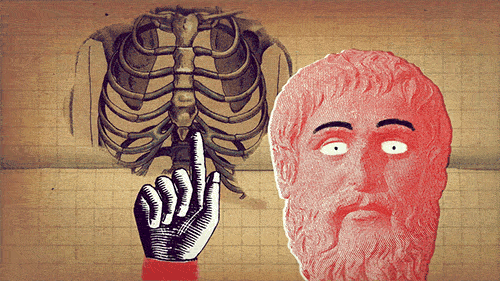
Credit: GIPHY
The mathematical zero and the philosophical concept of nothingness are related, but they are not the same. Nothingness plays a central role early in Indian thought (shunya), and we find speculation in all astronomical writings about the idea of absolute nonexistence before the creation of the world.
But in reality, it’s impossible to conceive of such an absolute void for a human mind. Even in empty space, if you can see stars, you’re being bathed in their electromagnetic radiation.
Perhaps a true zero — meaning absolute nothingness — may have existed in the time before The Big Bang. But we can never know. We can not even imagine it.
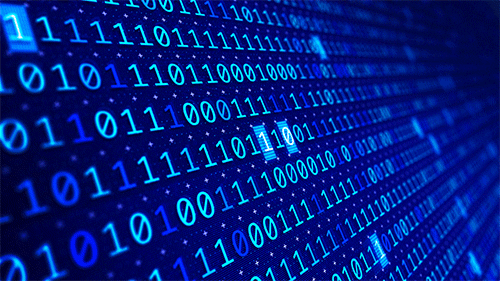
Credit: GIPHY
We’re not born with a natural understanding of zero. We have to learn it, and it takes time.
Elizabeth Brannon is a neuroscientist at Duke University who studies how humans and animals understand numbers.
She explains that even kids younger than six understand that the word “zero” means “nothing”. However, they have difficulty grabbing the underlying math. “When you ask a child which number is smaller, 0 or 1, they often think of 1 as the smallest number,” Brannon says. “It’s hard to learn that zero is smaller than one.”
So we can say that the functionality of zero was always understood, but ‘nothing’ has escaped the grasp of human comprehension for a long time; even now, we haven’t fully understood it.
Application of Zero
Zero is one of the most unique and wondrous inventions of mankind. Without it, the application of many things would be complex today.
Raza has been writing since 2008, be it fiction, poetry, or articles on science, politics, and history. He believes that words can change the world, and he uses them to inspire and empower people through his writing. When he is not working, he is watching nature documentaries or playing with his cats.